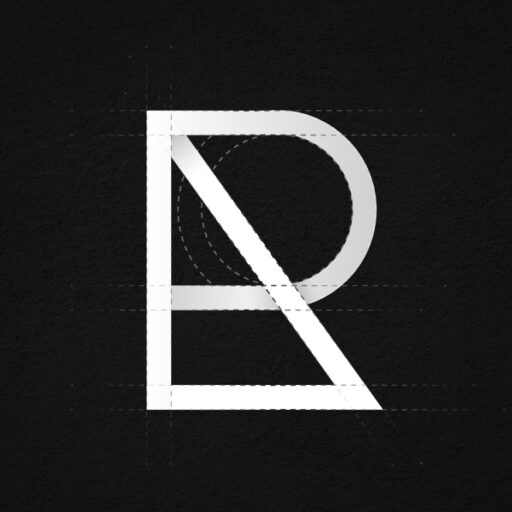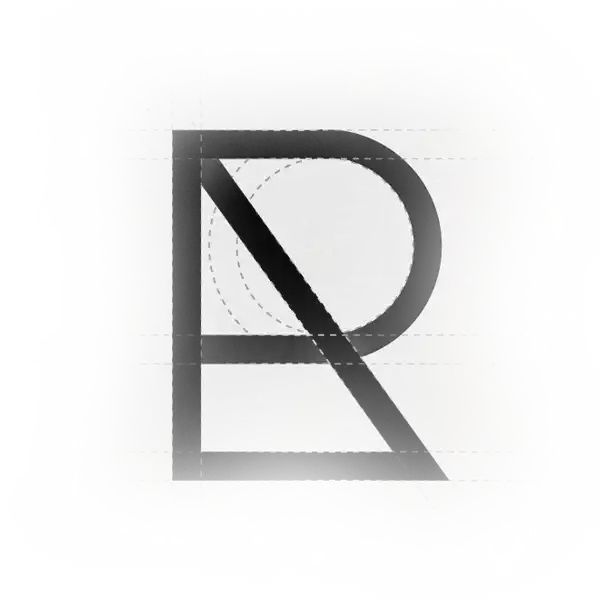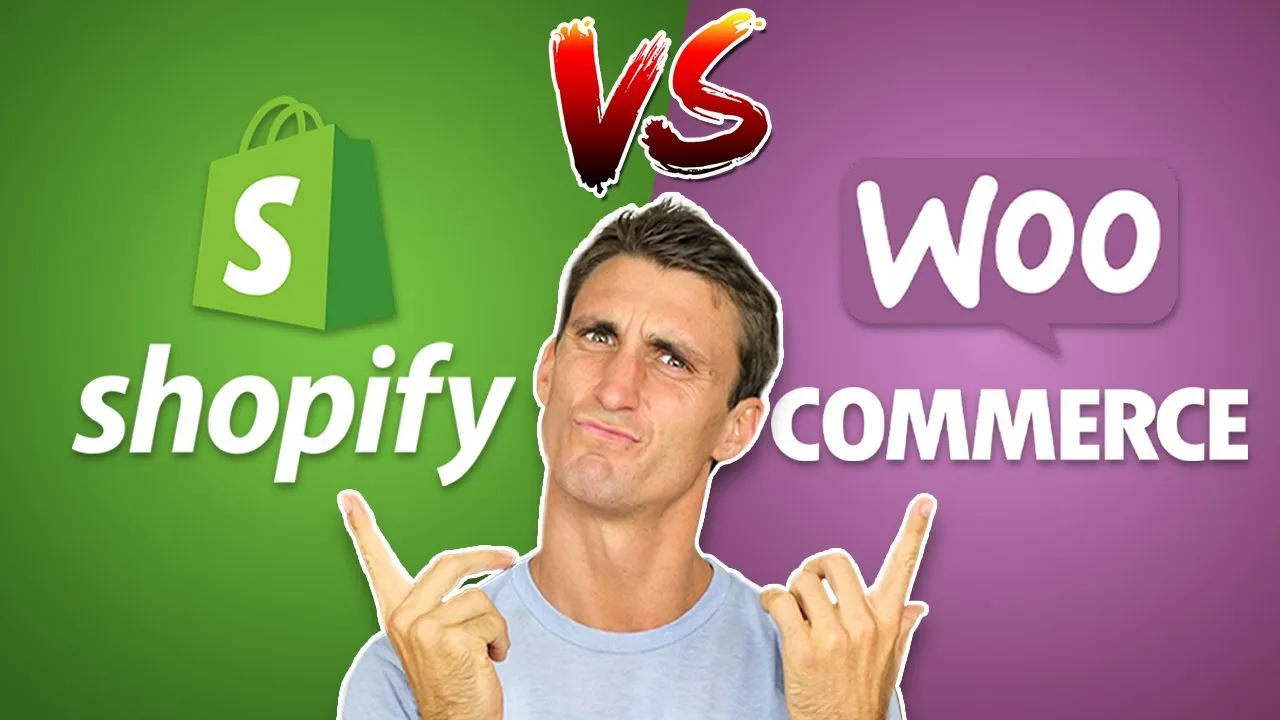Creating a modern site is not just about having a beautiful design. You also need to think about fluidity, performance and user experience. If you work with WordPress, two editors dominate: Elementor and Gutenberg. The choice isn't always easy. You're probably looking for a solution that will save you time without sacrificing quality. So why not take a look? Elementor or Gutenberg: which should you choose for a modern website?

Understanding the difference between the two publishers
Before you decide, it's essential to understand what each one offers. Elementor is a complete page builder. It works by drag and drop and offers a rich library of widgets, templates and style options. You don't need to know how to code to get a professional rendering.
Gutenbergis the block editor that has been integrated directly into WordPress since 2018. Each element of a page (title, image, paragraph, button) is a block that you assemble. Less visually spectacular than Elementor, it focuses on lightness and native simplicity.
So the question is: Elementor or Gutenberg ? It all depends on your priorities.
Elementor or Gutenberg: your design needs
If you want a site rich in animations, flexible columns and visual effects, Elementor meets this requirement perfectly. It offers a very fine layout, which you can customise block by block. For a showcase site, a portfolio or a project that needs to impress visually, this is often the most intuitive choice.
With GutenbergIf you're looking for a more sober design. The possibilities are endless, especially thanks to extensions such as Kadence Blocks or Generated Blocks, but you will sometimes have to add custom CSS. If your priority is consistency, speed and minimalist rendering, then Gutenberg is an invaluable ally.
Performance and loading speed
A modern site needs to load quickly. Here's how, Elementor or Gutenberg do not have the same impact. Gutenberg generates much lighter code. As it is integrated into the WordPress core, it does not overload your site. The result: better performance, especially on mobile devices.
Elementor, on the other hand, makes pages slightly heavier. It adds extra code and can slow down loading times if you don't optimise it. There are solutions, such as using a cache plugin or optimising your images, but the base will still be heavier than with Gutenberg.
While speed is an absolute priority, Gutenberg remains one step ahead.
Easy to use every day
You may be wondering which one is easiest to get to grips with. With ElementorThe promise is clear: everything is visual. You drag in your elements, you immediately see how they look and you adjust them on the fly. It's reassuring for beginners and a pleasure for those who want to work quickly.
Gutenberg takes a little getting used to. The blocks pile up and the settings are sometimes scattered in the right-hand column. But once you get the hang of it, it becomes fluid. What's more, it integrates perfectly with the native WordPress editor, which reduces the risk of incompatibility in the long term.
Compatibility with themes and extensions
Compatibility is a crucial point. Elementor works with most WordPress themes, but it reveals its full potential with themes optimised for it, such as Hello or Astra. You can even deactivate certain parts of the theme and build your own headers or footers directly in Elementor.Gutenbergfor its part, aligns itself with the philosophy of the full site editing themes. With block themes, you can customise everything directly without going through an external builder. The result is a site that's light and coherent, but still young in its ecosystem.
Cost and accessibility
One thing you can't ignore: the price. Gutenberg is free, because it is natively included in WordPress. The extensions that enhance Gutenberg can be paid for, but you can already create complete pages without spending a penny.
ElementorOn the other hand, a limited free version is available. To exploit its full potential (advanced widgets, theme builder, marketing functions), you'll need to upgrade to the Pro version. The cost can quickly escalate if you manage several sites. Elementor or Gutenberg is therefore also becoming a budgetary issue.
SEO and visibility
Your site doesn't just have to look good, it has to be found. Here, Gutenberg has the edge thanks to its cleaner, lighter code, which helps search engines. Pages are displayed faster, which improves the user experience and natural referencing.
This doesn't mean that Elementor is bad for SEO. You can optimise your pages, add tags and work with extensions like Rank Math or Yoast. But Gutenberg simplifies this work thanks to its native lightness.
Long-term maintainability
When you build a site, you think about the future. Elementor or GutenbergWhich will be more sustainable? Gutenberg is developed directly by the WordPress team. It evolves at the same time as the CMS. Its future compatibility is therefore almost guaranteed.
Elementor remains a third-party plugin. Popular today, it depends on its business model and its updates. It offers an active community, but you're adding an external layer to the heart of your site.
The emotion behind the choice
A website is not just a series of blocks or widgets. It's your image, your tool for conveying emotion, history and credibility. With ElementorYou get a feeling of freedom and immediate creativity. You can almost draw your site on a blank sheet of paper.
With GutenbergYou feel a reassuring solidity and simplicity. You're building on a foundation that will always be there, light, fast and integrated.
The choice depends on how you want to feel every time you open your editor.
So, Elementor or Gutenberg?
If your priority is unlimited creativity and a rich design, you'll probably be seduced by Elementor. But if you're looking for performance, stability and lightnessGutenberg is a solid choice.
In fact, you could even combine the two: use Gutenberg for the general structure and Elementor for certain key pages such as the home page. This requires finer management, but offers an interesting balance.
Conclusion
Choose Elementor or Gutenberg comes down to defining your priorities. Do you want a modern, fast and stable site, even if it means sacrificing a little visual comfort when creating it? Or do you prefer an ultra-flexible visual editor, even if it means more maintenance and server resources?
The simple truth is that there is no universal answer. The right choice is the one that matches your project, your budget and the relationship you want to have with your site. Take the time to test both, get a feel for which one inspires you most and build your modern site with confidence.









